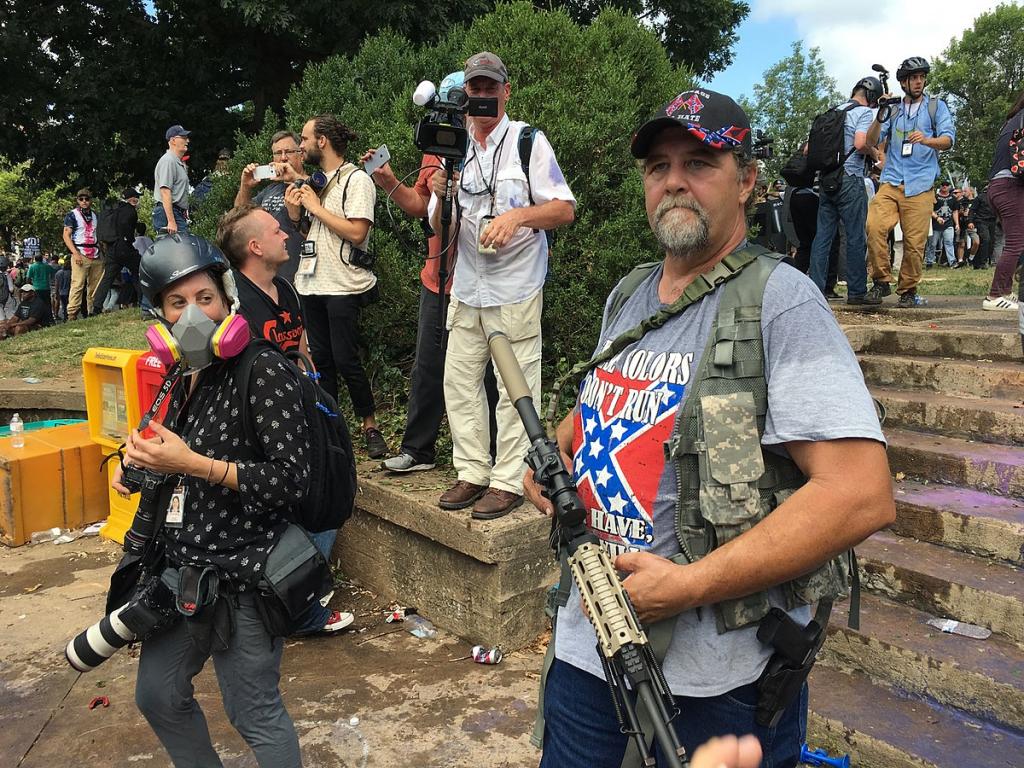I am tired of being told that divisiveness is the problem.
It’s not that I find it pleasant, living in a country that is radically divided along political and ideological lines. It’s not that I think unity isn’t a worthy goal. But it is dangerous to act as though our present cultural crises can be boiled down simply to division, or that we should refrain from heated language simply because it is divisive.
Unity at any cost, unity without considerations of justice and equity, is not a goal I am interested in working for. Such unity, based on compromise or on capitulation to a dominant narrative, is not even, really, unity at all. It is possible for a community to look united and peaceful only because those in power have succeeded in repressing any attempts by the disenfranchised to bring about justice.
Dial the clock back sixty years: were we united, as a nation, at a time when Black Americans were segregated, and subjected to violence if they even tried to enter white spaces? Dial it back one hundred years. Were we united when women were not even permitted to vote?
Perhaps it looked as though we were united because everyone stayed in their lane and went about their business peacefully, but that is not a true unity, not a good unity. That’s the unity of hegemony in which the oppressed are afraid to ask for justice.
Just because everyone seems to give assent to the same set of principles does not mean that all are giving their assent willingly – or that the principles are even good. If I were simply to stop pushing back against racist, fascist, and nationalist ideologies, nod in agreement, and decide to get along, this would not be a morally praiseworthy act. It would be an act of cowardice, and cooperation with evil.
Not All Divisions Are Equal
The idea that it is simply our division that is a problem, and that we need to find common ground in order to resolve it, is problematic because it assumes that the division is between morally neutral sides, mere differences in taste or perspective. There are certainly times when peaceful co-existence is a true good – such as when people of different religious beliefs or ethnic backgrounds are able to live alongside one another in mutual good will, without suspicion or bigotry. No one should be persecuted because of their faith or ethnicity or sexuality.
But that is not the same as co-existence with those who hold genuinely dangerous beliefs. In fact, finding common ground with purveyors of prejudice means denying solidarity to those they oppress. If I were to reach across the aisle to a neo-Nazi, my gesture does not achieve the goal of unity; it just signals my willingness to enable neo-Nazism.
I do want to work for unity across cultural and religious boundaries. It is true that many of us, of different backgrounds and beliefs, are united by more than what divides us. But some divisions can and should not so easily be bridged. I’m not going to hug a Nazi to try to achieve unity. It’s not unity, when we find common cause with a movement that exists on the basis of the assumption that immigrants should be deported, Muslims denied their rights. Those who attack and break down and dehumanize others are not the ones with whom we should be seeking alliance; we should ally with their targets and victims, and those who stand up to them. This is what it means to be stronger together.
Before we aspire to unity, as a nation, we must achieve justice, and justice means drawing lines, and standing by them.
image credit: https://commons.wikimedia.org/wiki/File:White_supremacist_(35782612633).jpg













